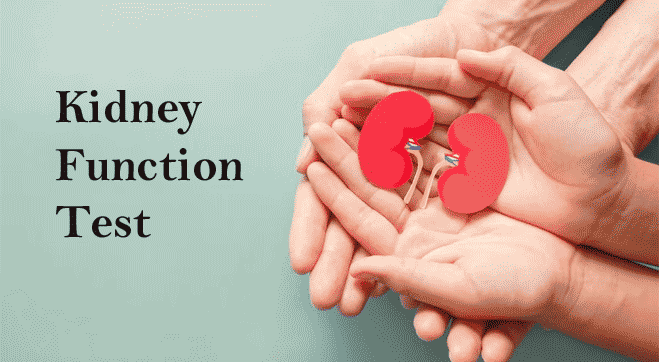
Know Everything about Kidney Function Test: Types, Procedure and Price
The importance of understanding how kidney works go hand in hand with the overall wellness aspect. Kidney function tests holds the key in diagnosing and monitoring diverse of kidney-related conditions. In this comprehensive guide, we will discuss about the types, procedures, and costs of kidney function tests to facilitate the patients in their health care decision making process.
Types of Kidney Function Tests:
- Creatinine Clearance Test: This test is to determine the speed that creatinine, a byproduct from muscle work, is filtered from the blood by the kidneys. It includes collecting a 24-hour urine sample and conducting a creatinine clearance rate calculation using the blood taken.
- Blood Urea Nitrogen (BUN) Test: A BUN test of blood urea nitrogen (BUN) in the blood reflects the amount of nitrogen in the blood that comes from urea, a waste product of protein metabolism. A higher BUN can reflect deteriorating kidney function.
- Serum Creatinine Test: This test is based on a simple blood test which measures creatinine (a by-product of muscle metabolism) present in the blood. High levels of creatinine can point to a kidney problem.
- Glomerular Filtration Rate (GFR) Test: GFR is calculated by creatinine levels, age, gender, and races. It determines how many kps pass through the glomeruli (the smaller filters in the kidneys) per minute, which reflects the ability of kidneys to work.
Procedure for Kidney Function Tests:
Usually, that procedure of kidney function test includes either a urine sample or/and the blood sample. The individual subject to creatinine clearance test will most probably be asked to collect urine into a special container, which will be provided by the testing facility during a period of 24 hours. The laboratory procedure involves the withdrawal of blood with a needle from the vein in the arm. They will then go to the lab for analysis. It is important to follow any pre-test directives given by the healthcare professional, whether it involves abstaining from consuming food or taking certain medications, in order to guarantee accurate results.
Understanding Kidney Function Test Results:
Carefully interpreting the information revealed by kidney function tests is a specialized task which should be carried out only by a competent healthcare service provider. Altered findings could indicate a wide range of kidney disorders including chronic kidney disease, acute kidney injury, and urinary tract obstruction. After the test results, the medical specialist may recommend for the patient to undergo other diagnostic tests or treatments.
Kidney Function Test Price:
The costs of kind function tests can be different based on the kind of test, health provider, and location. Basically, serum creatinine or BUN tests are likely to be the cheaper options when compared to intensive tests such as GFR or creatinine clearance tests. The price difference may occur because tests are carried out in the hospital, clinic or medical laboratory. It is recommended to consult with your healthcare provider or insurance company to find out the exact amount and the aspects covered.
Conclusion:
An optimal kidney function is crucial for good health. Therefore, kidney function tests are helpful to assess renal function and identify potential problems at an early stage. Awareness of the types, procedure, and cost of these tests can help people to be prepared and vigilant in protecting their kidney health. Regular checkups and consultation with healthcare professionals should be the core for effective management of kidney problems. Start taking your kidney health in your own hands today by staying updated and proactive.



